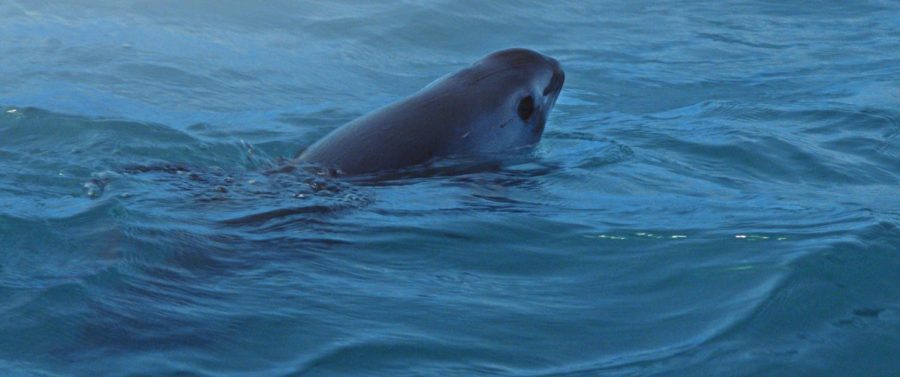We need to look at man-made extinction
Meet the world’s cutest and most endangered marine mammal: the vaquita
It is no secret that we are in the midst of a crisis regarding the earth and its climate and its organisms. We have only been keeping official records on species for the past 300 years or so, and in that amount of time, we have found hundreds of thousands of species, and seen so many of them go extinct.
Extinction is generally a natural process, but it has been compounded exponentially in the past couple hundreds of years because of human activity and industrialization. One of the saddest stories of our negative exploitation impacts is that of the vaquita and the totoaba.
The vaquita is a small porpoise that grows to about four or five feet long. This porpoise is endemic to the Gulf of California in Baja California, Mexico. An endemic organism is one that is from a certain area and only found naturally in that certain area, meaning they are incredibly sensitive to changes and threats and are generally very vulnerable to human impacts because of their inability to escape.
The vaquita is an unfortunate victim of an illegal fishery found in the Gulf of California that targets “aquatic cocaine,” also known as the totoaba fish. This fish is slightly larger than the vaquita, weighing in at around 220 pounds and 6.5 feet long. Since their body sizes are relatively similar, the nets that are intended to catch the totoaba also catch and entangle the unfortunate vaquita.
Totoaba fishing was declared illegal in 1975 when the fish got placed on the endangered species list, but it has been fished illegally ever since. This industry has been taken over by a cartel that sells the swim bladders of the fish to China at a whopping price of $22,000 per kilogram (2.20 pounds). Just in April of 2018, $650,000 worth of totoaba swim bladders were confiscated by the Mexican government, which equates to a measly weight of just 65.5 pounds. Although measures have been put in to stop this fishing, like the 2015 gillnet ban, not much can be done. The cartel has an enormous influence on the government and the fishermen in the area.
This is a universal issue that is just illustrated well in this area of Mexico. Politics, economics and illegal ocean operations have an influence on governments everywhere. China is one of the world’s biggest consumers and has the least regulations put in place. They use and abuse everything, and the swim bladders that are smuggled for “medicinal purposes” have legitimately no use. China and Mexico are driving two species to the brink of extinction for literally no good reason.
The vaquita has declined to an estimated population of less than 12 individuals from 30 individuals in just three years. It is unfortunately evident that the vaquita will most likely go extinct within the next year or two, and there is not much that can be done about it.
All that we can really do now is use this poor animal as an example and an advocate for protecting marine life everywhere. The world’s most engendered marine mammal is the optimal example of how unaware and/or uncaring we as a species are about our indirect and direct impacts on animals and organisms everywhere.



![A map of emergency callboxes on campus. (UNCW) [hyperlink: https://uncw.maps.arcgis.com/apps/webappviewer/index.html?id=579a0e90030c4864a41c70fbe06338d9 ]](https://theseahawk.org/wp-content/uploads/2023/12/IMG_6388-600x277.png)



